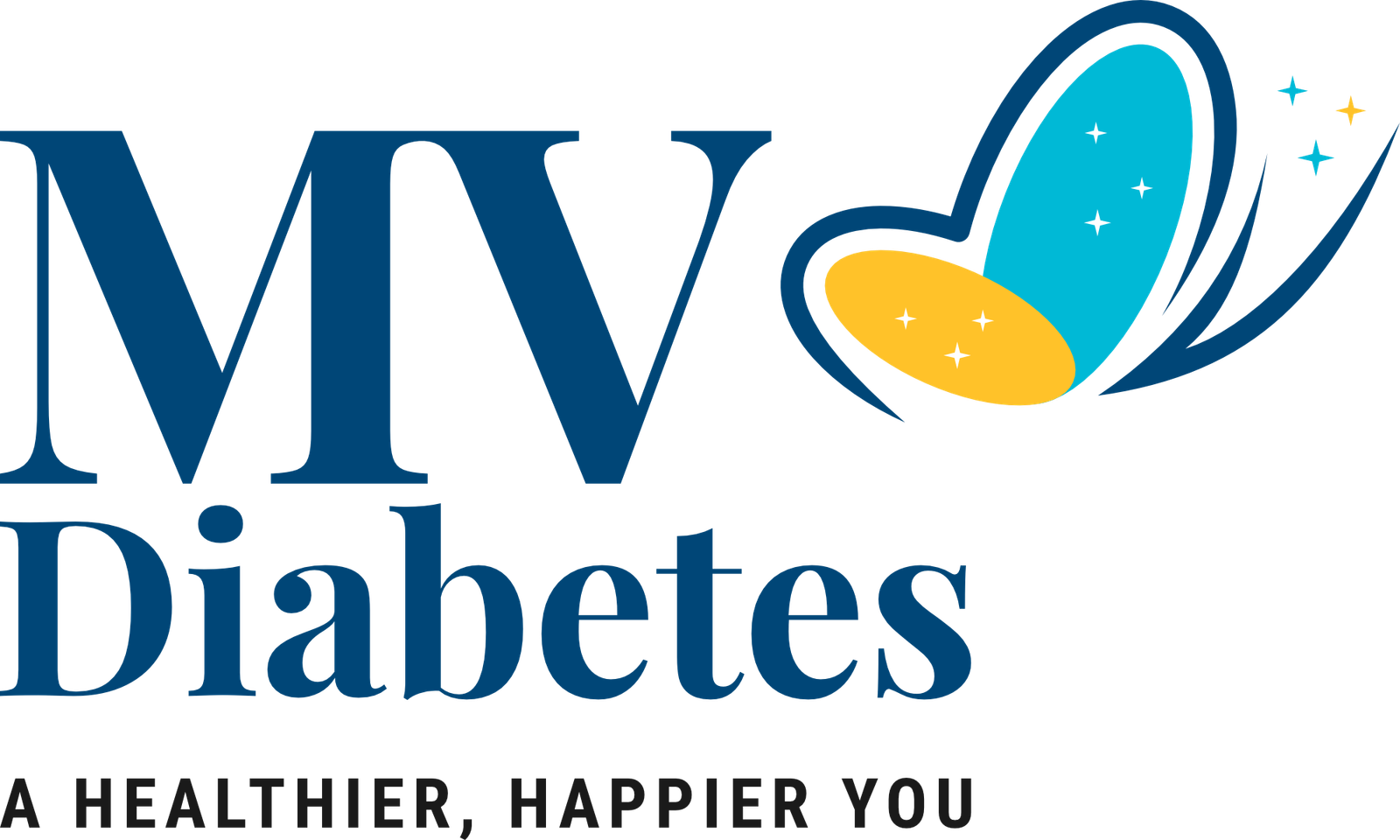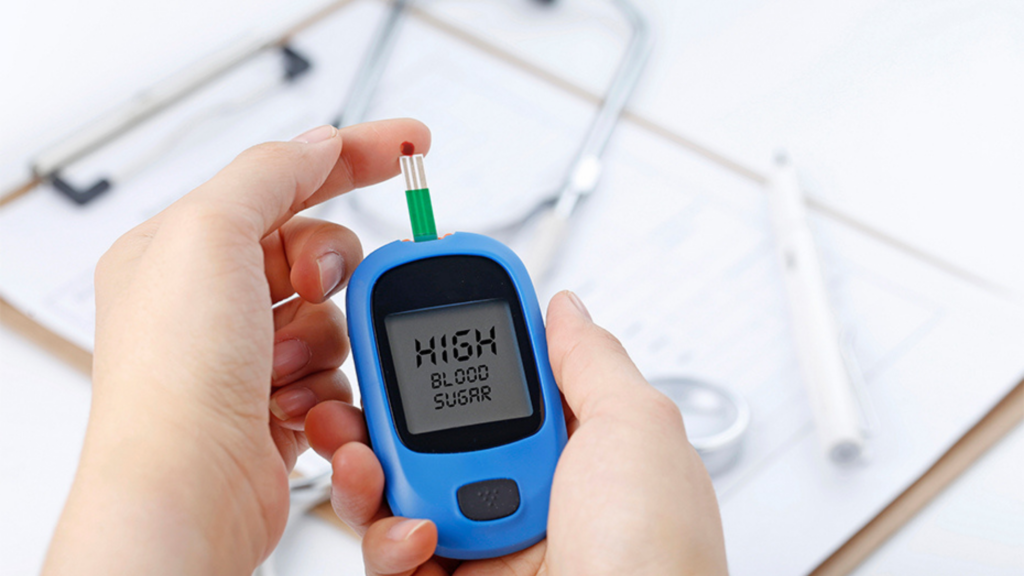Expecting a baby is a beautiful journey, but it also comes with unique health considerations. One of these is pregnancy diabetes mellitus (PDM), also known as gestational diabetes. This article empowers you with information about PDM, glucose testing, and how to manage your blood sugar for a healthy pregnancy.
Understanding PDM:
- What is it? PDM develops during pregnancy and usually resolves afterwards. It occurs when your body struggles to handle increased blood sugar levels.
- Causes and risk factors: Learn about the factors that increase your risk of PDM, such as family history, weight, and age.
- Symptoms: While many women experience no symptoms, some may have increased thirst, fatigue, or frequent urination.
The Power of Glucose Testing:
- Why is it important? Glucose tests monitor your blood sugar levels, ensuring they stay within a healthy range for you and your baby.
- Types of tests: Understand the different glucose tests, including the fasting blood sugar (FBS) test and the oral glucose tolerance test (OGTT).
- Preparing for your test: This section eases your concerns by explaining what to expect before, during, and after the test.
Keeping Blood Sugar Levels in Check:
- What are normal levels? Know the target range for blood sugar during pregnancy.
- Dietary adjustments: Discover delicious and nutritious foods that help manage blood sugar, along with foods to limit.
- Physical activity: Learn about safe and effective exercises to manage blood sugar during pregnancy.
- Managing high blood sugar: Explore options like medication alongside lifestyle changes.
Monitoring and Control:
- Self-monitoring tools: Understand available tools like glucometers to track your blood sugar levels at home.
- Importance of medical monitoring: Regular doctor visits and additional tests ensure optimal control.
Potential Complications:
- Risks of uncontrolled blood sugar: Learn about the potential risks for both mother and baby if blood sugar goes unmanaged.
- Prevention through early detection and management: This section emphasizes the importance of control to minimize risks.
Taking Charge of Your Health:
- Dietary tips and recipes: Find delicious and healthy meal plans specifically for managing PDM.
- Exercise routines: Discover safe and effective exercise routines tailored for pregnancy.
- Emotional well-being: Learn strategies to manage stress and anxiety, which can impact blood sugar levels.















